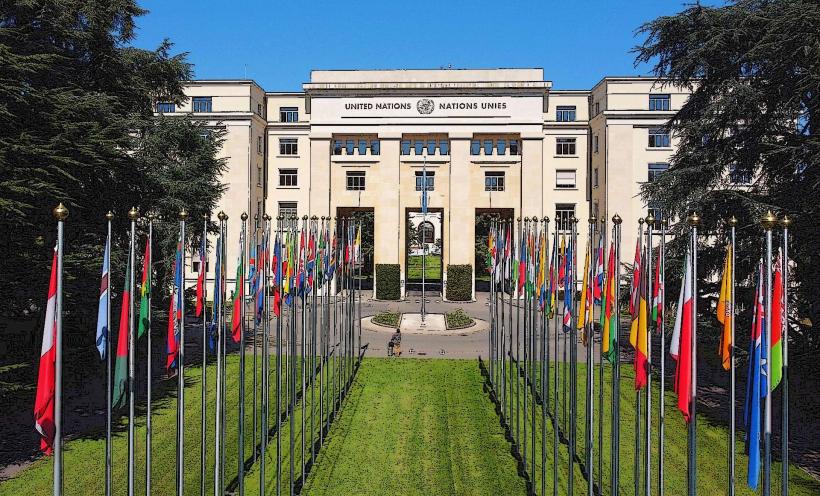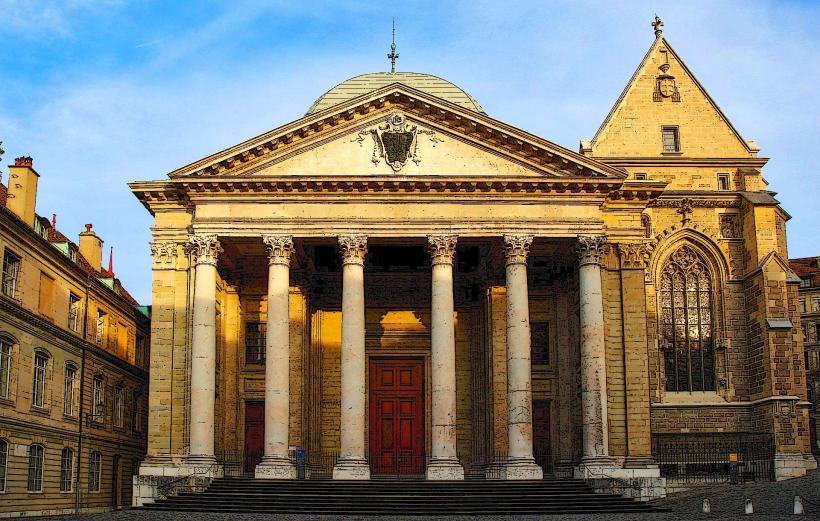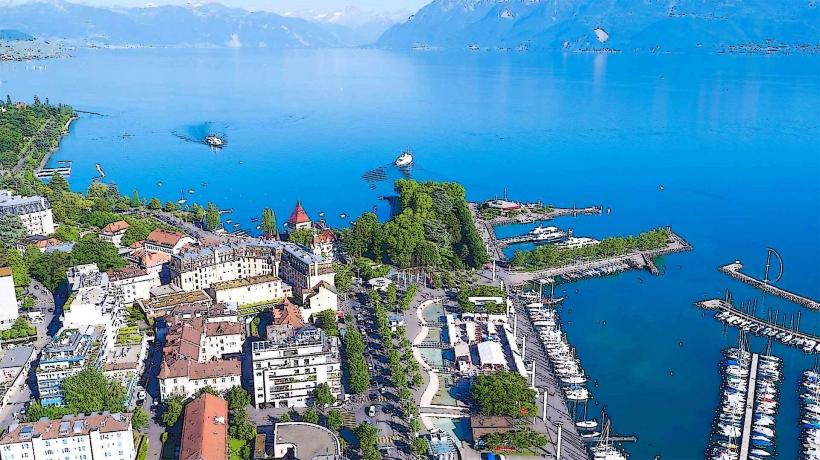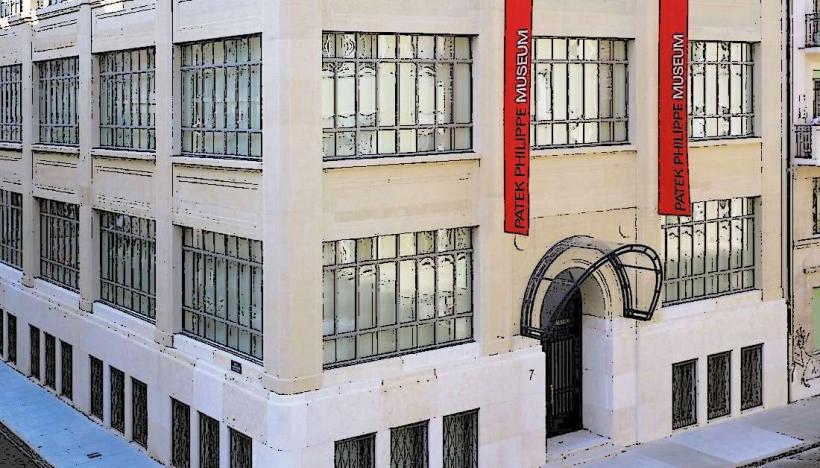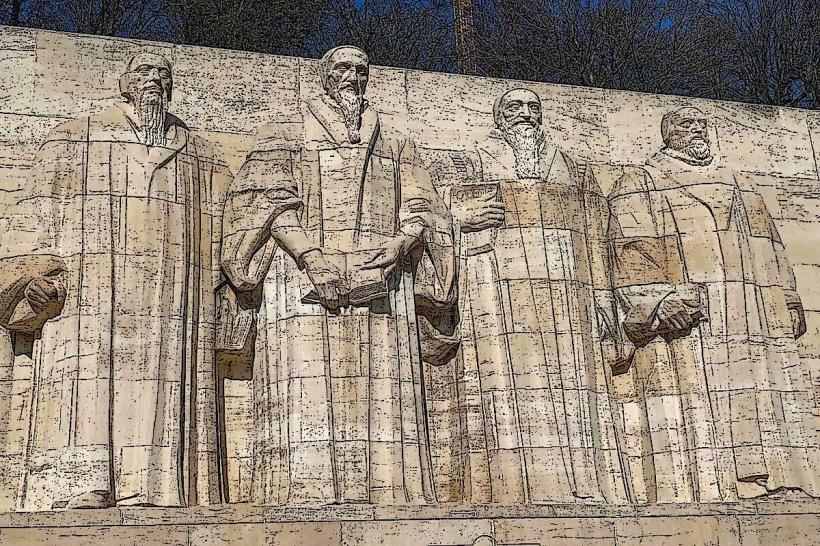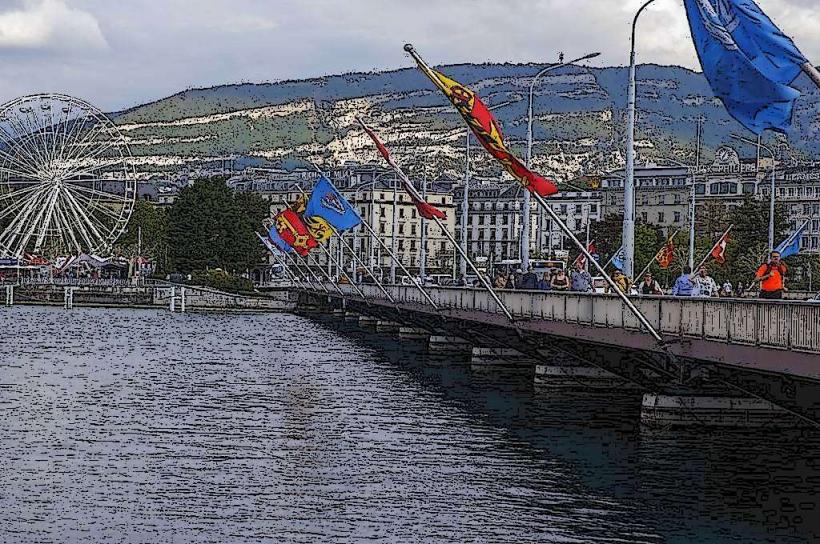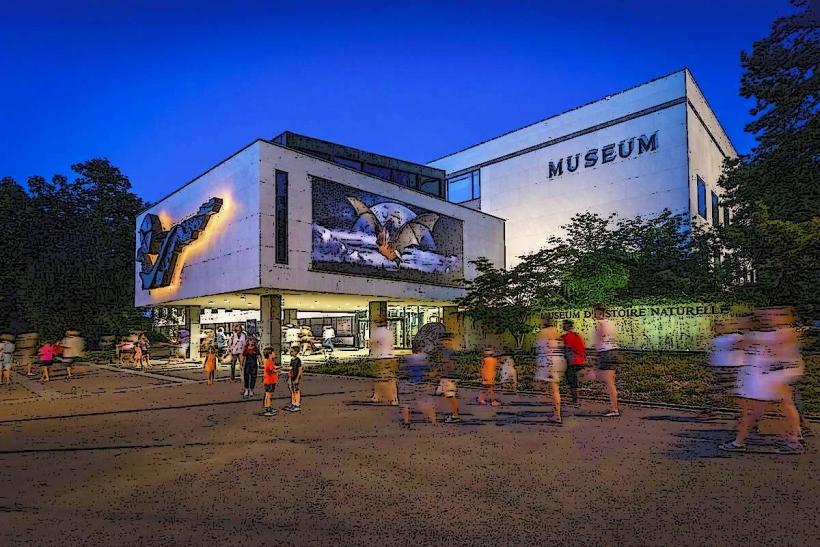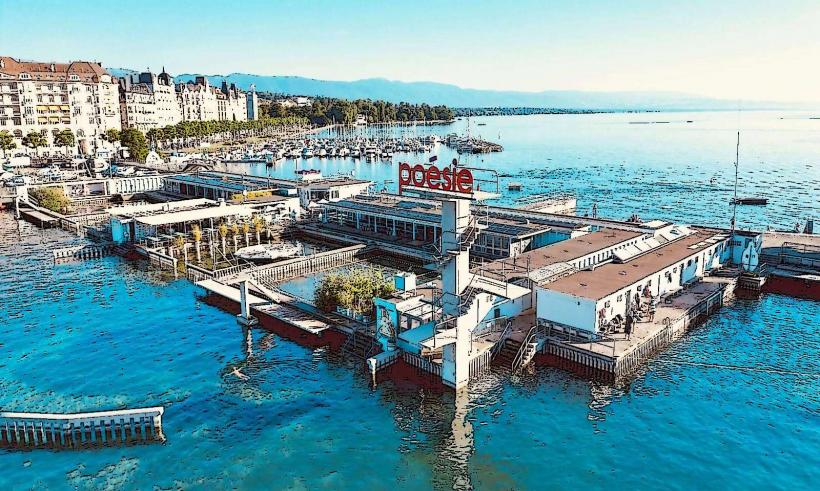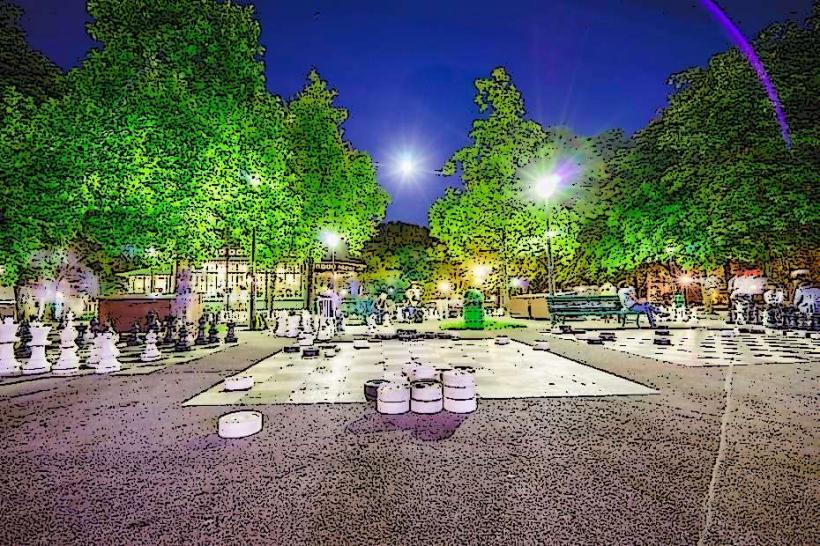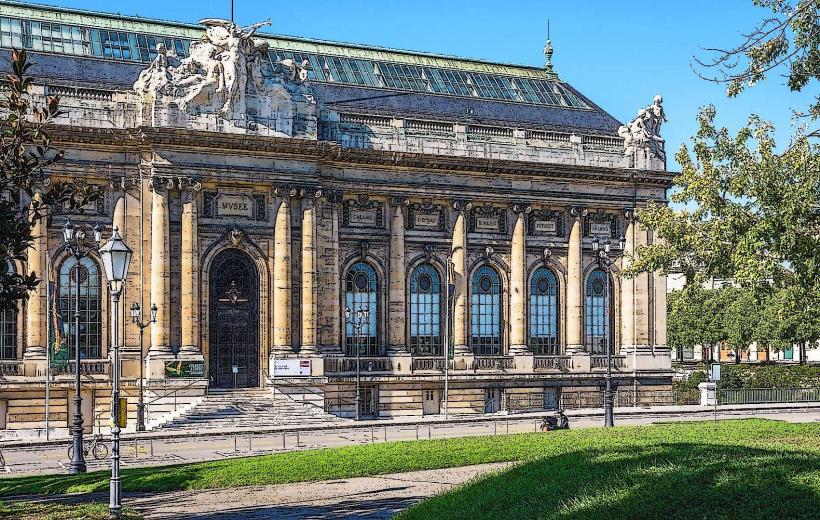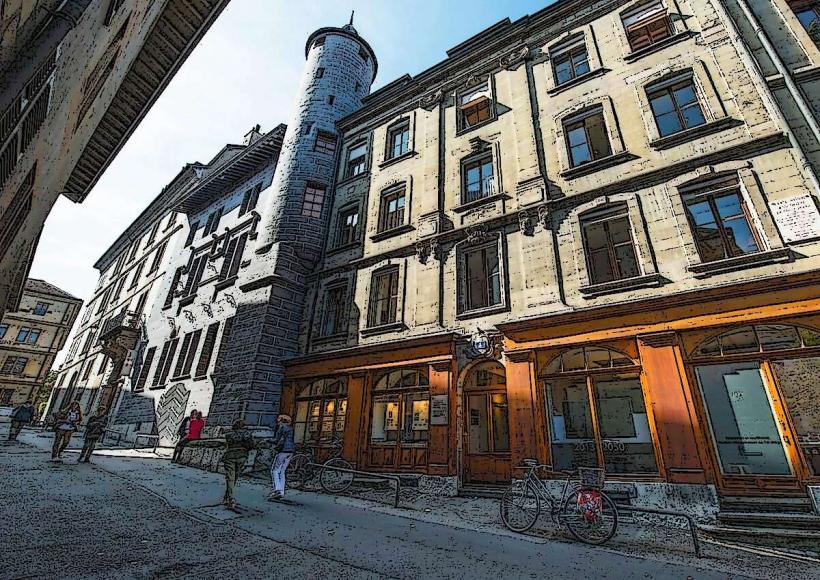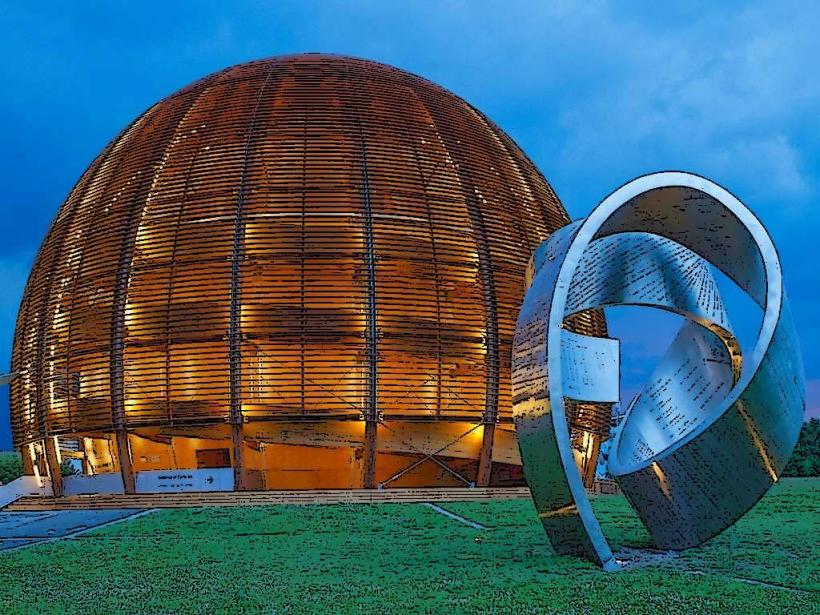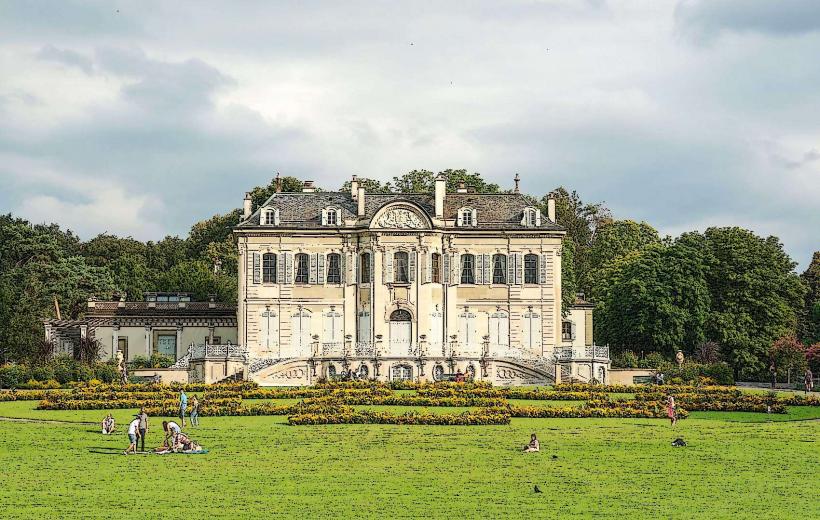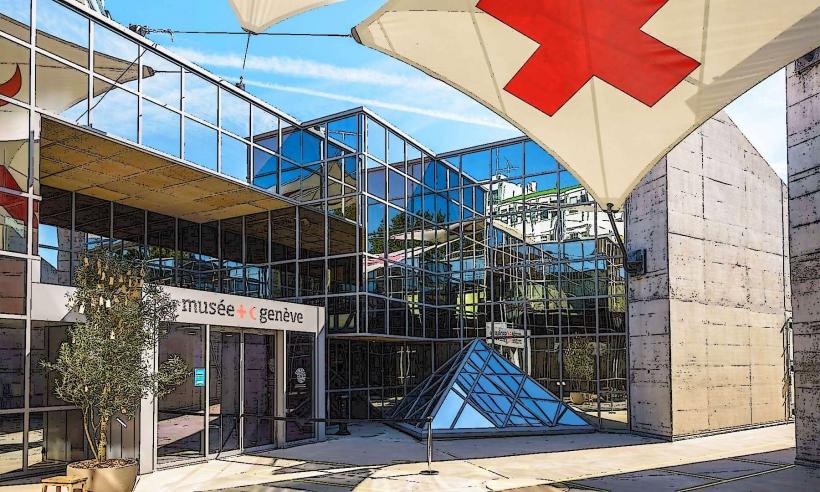Information
City: GenevaCountry: Switzerland
Continent: Europe
Geneva, Switzerland, Europe
Overview
In Switzerland’s far west, Geneva blends centuries of history with a cosmopolitan energy-you might catch the scent of fresh coffee drifting from a café near the old town square.It’s a hub where world leaders meet, markets shift, and art spills from crowded galleries.Here’s a closer look at Geneva-its winding history, rich culture, political influence, bustling economy, and everyday life, from lakeside cafés to lively markets.First.Geneva sits at the southwest tip of Lake Geneva, where the water catches the light like glass, framed by the towering Alps on one side and the rolling Jura Mountains on the other.It sits near the French border, where you might hear both languages over a café table and feel the mix of Swiss precision and French charm.The city lies about 300 kilometers from Zurich and roughly 140 from Milan, close enough for a weekend trip from either.Geneva enjoys a temperate climate, with summers warm enough for lake swims and winters mild enough for strolls along the quay.In summer, the air warms to between 18°C and 28°C (64°F to 82°F), while in winter it settles closer to 0°C to 6°C (32°F to 43°F), crisp enough for your breath to hang in the morning light.Rain falls off and on all year in the city, but summer usually brings warm, bright skies, and winter sometimes dusts the streets with light snow.Close to the Alps, winter often sweeps in with crisp air and fresh snow, dusting the rooftops like powdered sugar; Geneva’s story, though, reaches far back to Roman days, when it first took shape as a small settlement.Celtic tribes settled here first, their campfires flickering in the hills, long before the land fell under Roman rule.People believe the city’s name comes from the Celtic word “Genava,” meaning “a bend in the river,” a nod to the curve where the water slows and glints in the sun.In the Middle Ages, Geneva belonged to the Holy Roman Empire and grew into a bustling hub of trade.In the 16th century, John Calvin’s leadership turned Geneva into a vibrant heart of the Protestant Reformation, its narrow streets buzzing with debate and printing presses.In the centuries that followed, the city gained a reputation for neutrality and became a major crossroads for international diplomacy.It spent years under the Duchy of Savoy, then declared itself a republic, before finally joining the Swiss Confederation in 1815 after the cannons of the Napoleonic Wars fell silent.Through the 19th and 20th centuries, Geneva’s role as neutral ground for diplomacy grew firm, especially after World War I, when it became home to the League of Nations.Today, often dubbed the “capital of diplomacy,” the city hosts a remarkable roster of institutions-the UN Office at Geneva, the WHO, the International Red Cross, and the WTO-its streets humming with dozens of languages on any given afternoon.Geneva’s home to institutions that put it at the heart of world diplomacy, humanitarian work, and international governance.Switzerland’s famed neutrality comes alive here-in quiet meeting rooms where peace talks unfold, human rights are debated, and global leaders gather for high‑stakes summits.In Geneva, nations from every corner of the globe gather to tackle world problems, settle disputes, and find ways to work together, sometimes over coffee in sunlit conference rooms.The city’s also famed for its local politics, rooted in Switzerland’s tradition of direct democracy.In this city, the local government lets residents take an active hand in shaping laws and local policies through referendums and popular votes-sometimes the ballot box still smells faintly of fresh ink.Geneva, meanwhile, stands as a major global financial center, renowned for its private banking and expertise in wealth management.Multinational banks, major insurers, and global investment firms thrive in the city, drawn by Switzerland’s steady economy and business-friendly rules.With the World Trade Organization and the World Economic Forum based here, its influence on global trade and economic policy runs deep.Geneva hosts a cluster of multinational giants, particularly in pharmaceuticals, biotech, and commodity trading.It’s also the beating heart of Swiss watchmaking-where shop windows gleam with precision-crafted timepieces.The city hosts some of the world’s most renowned watchmakers, from Patek Philippe to Rolex and Audemars Piguet, their storefronts gleaming with polished brass and glass.Watch lovers flock to the Geneva Watch Museum and the Salon International de la Haute Horlogerie, where gleaming dials and intricate gears draw them in.Beyond timepieces, the city hums with culture, boasting museums, art galleries, and theaters on nearly every corner.Geneva’s cultural highlights range from the opulent Grand Théâtre de Genève to the Musée d’Art et d’Histoire, where oil paintings glow under soft light, and the bold, modern spaces of the Museum of Modern and Contemporary Art.If you love horology, don’t miss the Patek Philippe Museum, where gleaming watch faces catch the light.Year-round, Geneva comes alive with music-from soaring classical concerts at Victoria Hall to bold contemporary performances at the Geneva International Music Competition.Geneva’s Fête de l'Escalade marks the city’s 1602 triumph over the Duke of Savoy with lively parades, street performances, and music drifting through the winter air.Thanks to its many international organizations and expatriate communities, the city hums with a rich mix of cultures.Geneva embraces its multicultural spirit with sizzling street food from around the world, lively festivals, and neighborhood gatherings.It’s also home to the University of Geneva, one of Switzerland’s top institutions, where students dive into studies ranging from law to natural sciences.The university works hand in hand with Geneva’s international organizations, giving students and researchers in international relations, political science, and law a rare chance to learn where global decisions are made.The city itself hums with research-labs studying new cancer treatments, teams tracking climate shifts, and experts advancing humanitarian science.The Geneva School of Economics and Management (GSEM) and CERN (the European Organization for Nuclear Research) stand out as world‑class hubs drawing top minds in research and technology.Getting around is easy, thanks to Geneva’s superb public transport-trams glide through city streets, buses and trolleys crisscross neighborhoods, and sleek boats cut across the blue waters of Lake Geneva.The Geneva Public Transport Company (TPG) runs an extensive network of routes that link the city to its suburbs with ease, from tram lines gliding past Lake Geneva to buses winding through leafy residential streets.Just a few kilometers away, Geneva International Airport serves as a key gateway for flights across Europe, the Middle East, and Africa.The city also welcomes cyclists, with expanding bike lanes and handy sharing programs that make exploring on two wheels a breeze.Life here comes with a high standard-strong public services, reliable healthcare, and excellent schools are part of the everyday landscape.The city looks clean, with sidewalks swept and the air smelling faintly of rain.
Landmarks in Geneva


